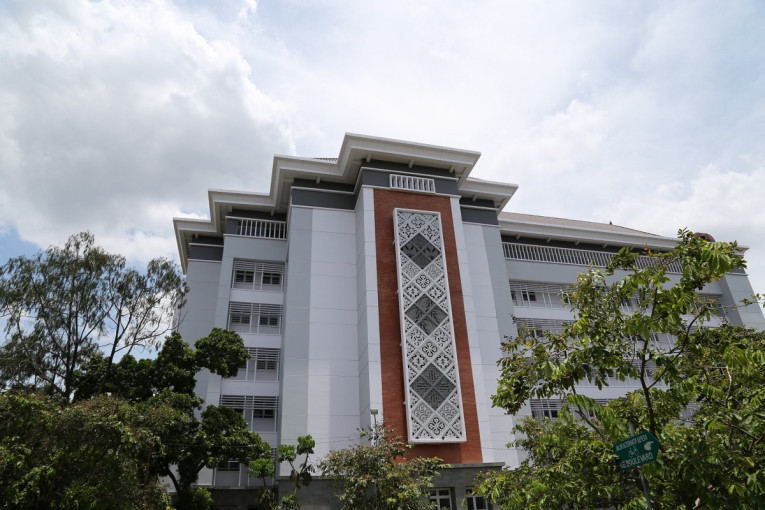
The UGM Faculty of Cultural Sciences (FIB UGM) Archaeology Study Program is ranked 151–200 in the 2025 QS World University Ranking (WUR) by Subject.
This ranking significantly improved from the previous year (2024), especially in academic reputation, H-index citation, and employer reputation indicators.
Among the 261 universities worldwide listed in the Archaeology subject category, UGM is the only university from Indonesia to make the list.
Dean of FIB UGM, Professor Setiadi, stated that the UGM Archaeology Program is the only archaeology program in Indonesia included in the WUR by Subject 2025.
He explained that academic reputation is one of the indicators used to measure the reputation of archaeology programs at universities around the world, particularly in academic quality and archaeological research. The assessment is carried out through international surveys.
“The UGM Archaeology Program scored 68.8 in academic reputation, which is quite high,” he said at FIB UGM on Thursday (Apr. 10).
Professor Setiadi explained that the Department of Archaeology at FIB UGM has implemented various strategies to enhance its academic reputation.
These include fostering collective support among faculty members and students to participate in international research funding competitions, encouraging international research collaborations, presenting research at association-organized conferences, and publishing findings in reputable archaeology journals.
He noted that the faculty also provides matching funds and other financial support to ensure equitable contributions in joint research.
Additionally, the program regularly holds international field schools and analytical workshops in Indonesia and partner institutions abroad.
“To ensure continuous quality improvement, faculty and students provide and attend academic training independently. They also collaborate with various institutions through online training in heritage analysis and management,” he explained.
Furthermore, he mentioned that alumni reputation is part of the employer reputation indicator in the WUR by Subject.
This year, the UGM Archaeology Program scored 57.7 in employer reputation.
This indicator reflects how institutions perceive the employability of archaeology graduates from UGM worldwide.
In this context, the survey asked the Archaeology Program at FIB UGM to identify outstanding graduates suitable for recruitment as students, research assistants, or staff members.
Through this process, the program earned a score of 57.7 in 2025.
“To boost alumni reputation, we have benchmarked both formal and informal programs offered by archaeology departments in Indonesia and abroad to ensure our curriculum aligns with current trends in archaeological sciences,” he explained.
The UGM Archaeology Program also engages in faculty exchange, both online and in person, to share the latest archaeological research findings.
Students are encouraged to participate in international activities by being appointed research assistants and receiving financial support to attend international seminars, workshops, English courses, and public speaking training.
“These activities aim to build students’ confidence in global communication,” he said.
Professor Setiadi added that the program received an H-index score of 50.4 this year. While this score is promising, he acknowledged the need for further improvement.
The H-index measures research productivity and the impact of scholarly citations.
To improve citation metrics, he emphasized the importance of continuously encouraging and facilitating the publication of high-quality research in reputable national and international journals by both faculty and students.
Although the program already provides research funding, efforts must be intensified to build networks in international research communities and professional associations.
“This is essential for gaining broader recognition and increasing opportunities to engage in national and international research activities,” he concluded.
Author: Agung Nugroho
Post-editor: Afifudin Baliya
Photographer: Donnie

